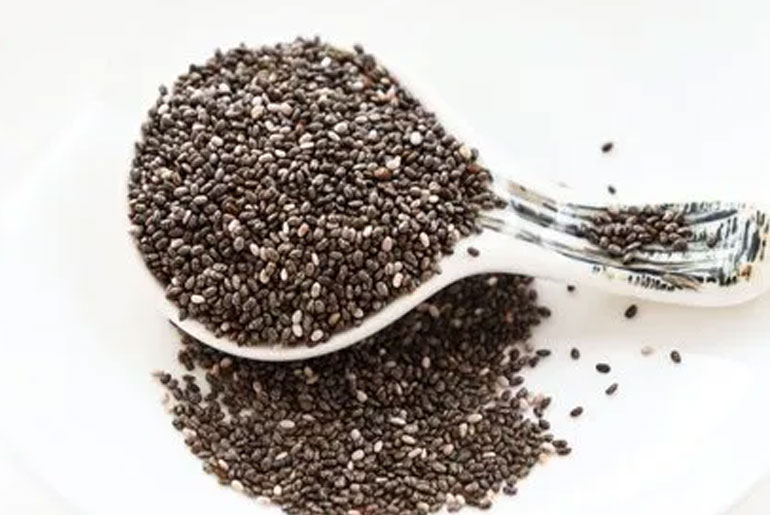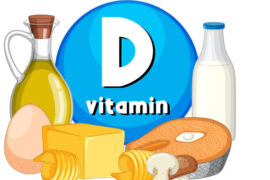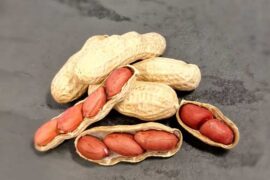Chia seeds, derived from the plant Salvia hispanica, are renowned for their nutritional richness and health benefits. These tiny seeds pack a powerful punch, offering a plethora of essential nutrients such as omega-3 fatty acids, fiber, protein, and antioxidants. When consumed, both roasted and raw chia seeds can aid in promoting digestive health, stabilizing blood sugar levels, and supporting heart health by lowering cholesterol levels.
Additionally, their high antioxidant content contributes to reducing inflammation and combating oxidative stress, which are linked to various chronic diseases. Incorporating chia seeds into one’s diet provides a convenient and versatile way to boost nutritional intake and promote overall well-being, making them a valuable addition to a health-conscious lifestyle.
Both roasted and raw chia seeds offer nutritional benefits, but they have some differences in terms of their nutritional profiles and potential applications. Here’s a comparison to help you understand which might be better suited for your needs:
Raw Chia Seeds:
- Nutritional Integrity: Raw chia seeds retain their full nutritional profile, including omega-3 fatty acids, fiber, protein, and antioxidants.
- Hydration: Raw chia seeds have the unique ability to absorb water, forming a gel-like consistency. This property can be beneficial for digestive health and may help with hydration.
- Versatility: Raw chia seeds can be easily added to various dishes such as smoothies, yogurt, oatmeal, and salads without altering their nutritional properties.
- Quick Preparation: Raw chia seeds do not require any preparation and can be consumed directly or after soaking in water or other liquids to form a gel.
Roasted Chia Seeds:
- Texture and Flavor: Roasting chia seeds can change their texture and flavor profile, making them crunchier and imparting a roasted or toasted flavor.
- Reduced Omega-3 Content: The roasting process may reduce the omega-3 fatty acid content in chia seeds, which are known for their anti-inflammatory properties.
- Snack Option: Roasted chia seeds can be a convenient and nutritious snack option due to their crunchy texture and enhanced flavor.
- Addition to Recipes: Roasted chia seeds can be used as a topping for various dishes or incorporated into recipes where a crunchy texture and roasted flavor are desired.
Conclusion:
- If you are looking to maximize the nutritional benefits of chia seeds, consuming them raw may be preferable as they retain their full nutritional profile, including omega-3 fatty acids.
- However, if you enjoy the taste and texture of roasted chia seeds or prefer them as a crunchy snack or topping, incorporating them into your diet in this form can also be beneficial.
- Ultimately, the choice between raw and roasted chia seeds depends on your personal preferences, dietary needs, and how you plan to incorporate them into your meals and snacks.
Disclaimer:
The information contained in this article is for educational and informational purposes only and is not intended as a health advice. We would ask you to consult a qualified professional or medical expert to gain additional knowledge before you choose to consume any product or perform any exercise.







